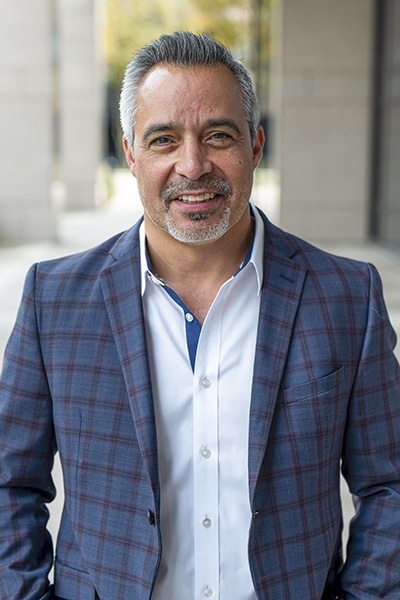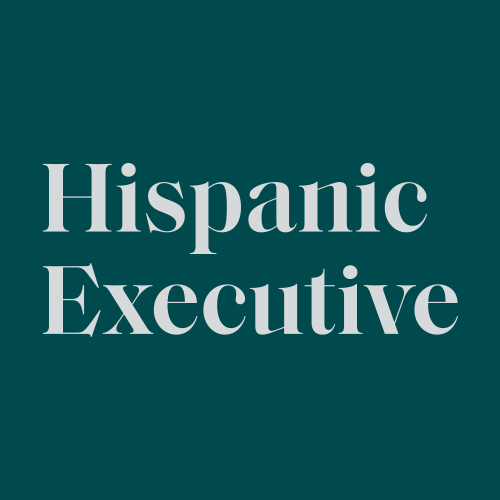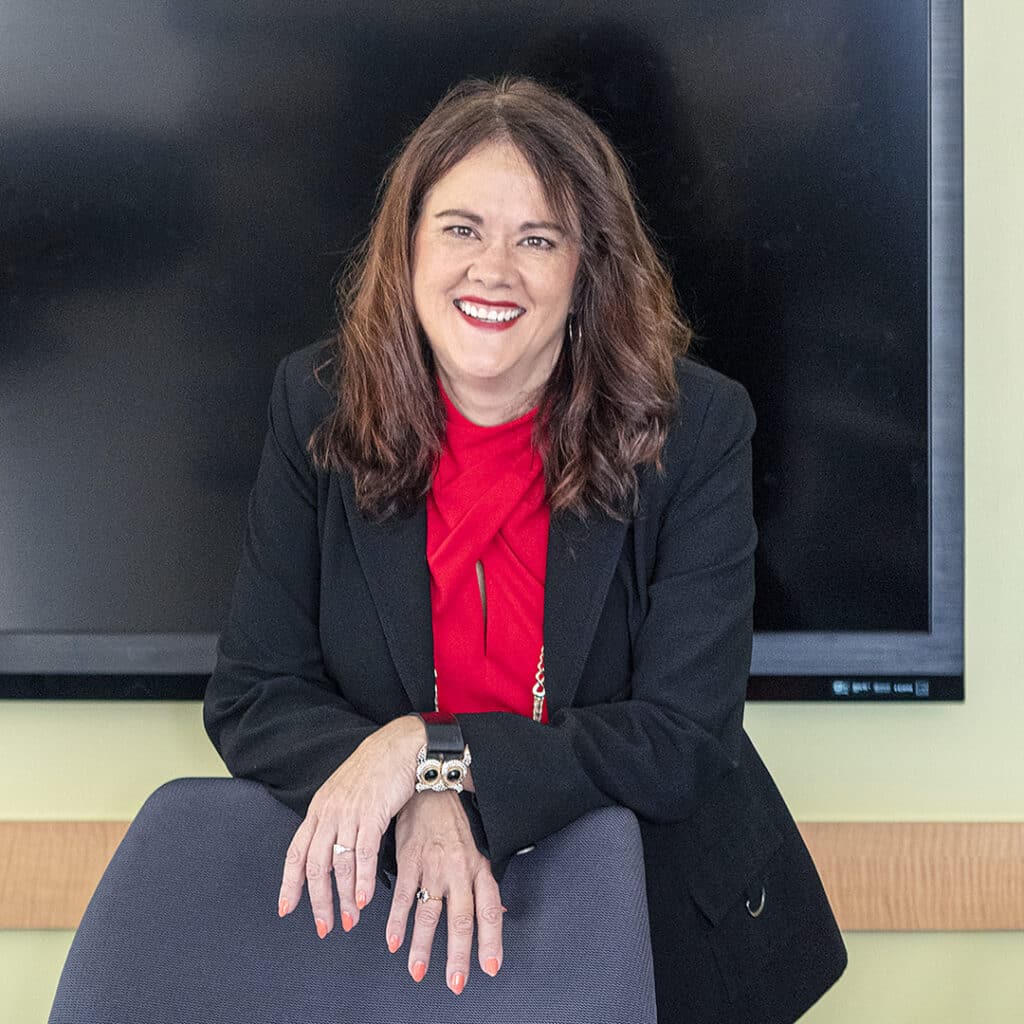|
Getting your Trinity Audio player ready...
|
It wasn’t until David Quevedo joined software company VMware that he started to fully embrace his Latino identity. During a recent global HR all-hands meeting, as part of the company’s focus on diversity and inclusion, he was invited to share with the group his experience of growing up as a second generation Mexican American in the mostly white farming town of Albany, Oregon.

“For me personally, I never really thought about having a story until I was asked to share it,” says Quevedo, vice president of global human resources services at VMware. “I think the process was really powerful because it was a really good reminder of where I came from.”
That experience underscores the core of what drew Quevedo to the field of human resources in the first place—building connections with others on a human level and understanding how business can benefit from such connections. That was his focus at tech giants HP, Cisco, Adobe, and since 2017 at VMware, where he leads a team of 110 employees globally in locations across the Americas, Europe, and Asia.
Growing up to have a career that involves trips to Ireland, Costa Rica, Beijing, and other locales around the world was not exactly something Quevedo would have predicted when he was a small-town kid. In his youth, he worked summers on a farm with two of his three brothers, moving irrigation pipe to distribute water to rows of corn, sugar beets, garlic, and mint. He didn’t even step foot on a plane until he was an adult.
So, around age nineteen or twenty, he decided to shake things up. He moved to New York City and became a flight attendant with an airline called New York Air. It didn’t take long for him to develop a ravenous appetite for travel.
“When you grow up in a small town like that . . . your view of the world is really what you see through TV or what you read in books,” Quevedo says. “Taking the job with the airline—moving across the country—was an opportunity for me to get the first taste of that. I think that’s when I knew that whatever job I did, I wanted it to be global.”
“For me personally, I never really thought about having a story until I was asked to share it. I think the process was really powerful because it was a really good reminder of where I came from.”
After working for the airline, he decided to go to college for accounting, a field he picked because of his math skills and a promising job market. During his time at San Jose State University, he landed an internship with HP, where he was later hired on full-time.
Quevedo spent a decade at HP, seven of those years in corporate finance. But he felt unfulfilled by spreadsheets and started to crave more human interaction. He found himself drawn to working on diversity initiatives at the company and helping with campus recruiting efforts.
“I realized I was spending all of my free time with HR on these various activities and it really kind of sparked my passion and interest for HR,” he says. That inspired him to shift gears and make the transition into human resources at HP, and a few years after that he moved to Cisco. Of his fifteen years at that tech giant, he spent eight years as head of HR services. That’s where he got his first taste of leading a global team.
It was the mid-2000s, and many US companies were offshoring work where they could. At that time, when Cisco employees reached out to the human resources department, they would end up on the phone with someone in a call center in India or another distant locale. As a result, the level of service “was dismal,” Quevedo says. It was his job to turn things around.
“It was super exciting because it was global, and in addition to that, I had an opportunity to bring the services back in-house,” he says.
While outsourcing HR operations was theoretically more cost-effective, doing so also added “hidden costs” by outsourcing the employee experience as well, Quevedo says. Eventually he convinced senior leadership that there was a greater return on investment to onshore those operations again.
“If the people doing the work don’t have a connection to the people that they’re supporting . . . then you will likely never be successful,” he says. The company ended up hiring a number of those outsourced workers as Cisco staff, and they turned out to be some of the best employees he had at the company, he says.
“You can look at cost as one measure, but you have to remember it really is only one measure.”
“The empowerment they had as regular Cisco employees—the connection to our culture—helped us transform the operation,” he says. “You can look at cost as one measure, but you have to remember it really is only one measure.”
When Quevedo joined VMware—which has about twenty-one thousand employees—he relocated from Silicon Valley to work at the company’s office in Austin, Texas. One of his first major projects was to realign three regional HR teams into a more global operation. He gave leaders at each hub dual responsibilities; each became responsible for leading a global function, along with their regional work.
On paper, he says, it was easy. But it took about a year to reap dividends from the change, watching those leaders make global functions their top priority. “It’s been a joy to see,” Quevedo says. Through that type of project as well as his work and coordination with a company like Randstad RiseSmart—which offers outplacement services for those impacted by job eliminations or larger company restructurings—the concept of servant leadership is always at the forefront of Quevedo’s mind.
“It’s never about me. It always has to be about others and the team,” he says. According to Quevedo, a quote from Booker T. Washington sums it best: “If you want to lift yourself up, lift up someone else.”
The Value of Mentorship
David Quevedo is a strong believer in the value of mentorships, and he feels it’s important not to over rotate on formal structure.
For people at the top of their fields, mentorship is especially crucial in helping others grow. But the relationship goes both ways. His current mentee also supports him, through an informal arrangement where they share mutual struggles and successes with one another.
“We can all learn from each other no matter someone’s age, experience, gender, culture, education,” he says. “We all owe a duty to pay it forward. If we’re not sharing and teaching with others, then there is no legacy.”
Related Links
Guillermo Diaz to Top 10 Líderes: “Leverage your platform to inspire your purpose.”

